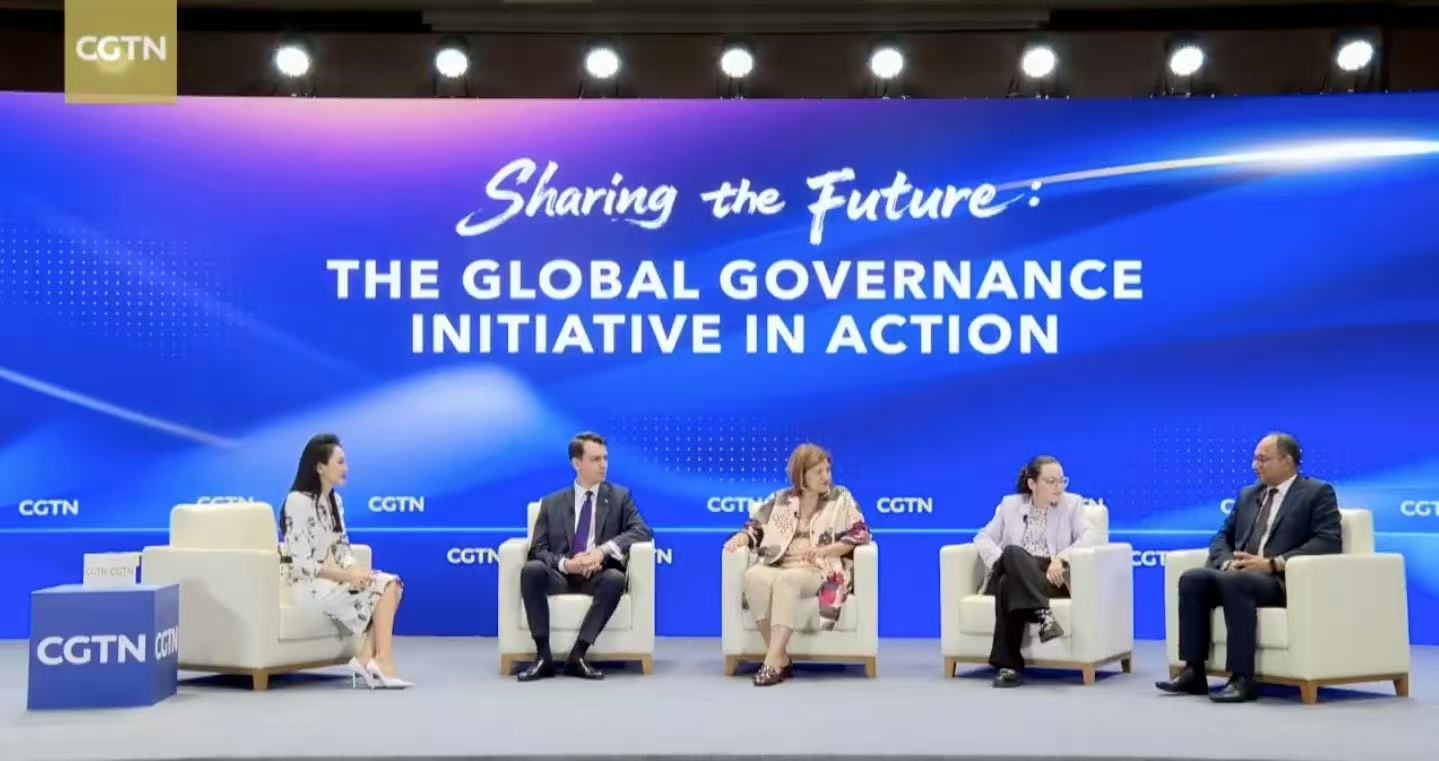On 01st September, 2025, His Excellency Xi Jinping, the President of the People’s Republic of China, during the Shanghai Cooperation Organization Plus meeting held in Tianjin, China proposed the Global Governance Initiative that took in mind a foundational basis of the 80th anniversary of the victory of the world anti-fascist war and the resultant birthing of the United Nations Organization. Eighty years seem to be little time, but its consequences, if being weighed, would give a balanced view and proper judgment that this is not a past that anyone today and the years to come, should look to. This historical perspective is important because if lost in time, errors are often bound to be made as we see the state affairs of the world today. The very first one being the hegemonism that has often been flaunted by certain superpowers in times when impartiality is most needed, and the protectionism that comes with it in protecting their allies.
The five propositions from the Global Governance Initiative laid forth include; first, being adherence to sovereign equality. The second was abiding by international rule of law. The third, practicing multilateralism. Fourth, advocating for a people-centered approach. And finally, was a focus on taking real action. At the center of the Global Governance Initiative is the abiding to International Law. And this has its foundational basis in the United Nations Charter that gives genesis of the operations framework by the countries that ascribe and assent to being members of the United Nations (UN). On protectionism, a look at Resolutions 242 and Resolution 338 by the UN, a sample of which called on Israel to withdraw from the occupied territories that belong to Palestine, to this day, remains a disturbing position for many UN members because severely, despite coming up to take a stand of the inadequacies that have seen loss of countless lives and property in the Gaza Strip, there is still not so much that can be done as implementation because of the right hand who at the end, has veto powers – Protectionism. The United States always folds and tilts towards Israel, rather than taking a stand of the majority – both permanent and non-permanent members to the UN Human Rights Council.
Today the world is facing global disruptions some of which are stimulated by geopolitical fragmentation. An increase in conflicts and alliances can be seen in the Middle East and the Southern China sea. Increasing economic decoupling and this is also seen in the United States and China trade wars that have led to serious effects to global economic stability. Sanctions have become a common practice. Climate crisis that has led to conversations about climate change and importantly a decline in the climate commitments such as was agreed by member states to the Paris Agreement, 2016. Technology – the world of science is taking a leap as is being seen by the Artificial Intelligence (AI) growth and adaptations which have a count on information access, misinformation and disinformation, cyber security threats and, the freedom of privacy and protection of personal data and security systems. Global health challenges that have led to modification in warfare and sovereign interruptions such as the COVID-19 outbreak that caused alarm, the current conversation on mental health that has become a raging topic globally, and the straining healthcare systems.
The economic inequality that has contributed to labor mobility and displacement of persons at all facets such as conflict, economic disability, and the broader questions of climate change that have an effect on the constantly changing border control dynamics while creating an imbalance on international humanitarian systems. There is also being seen to-date the birthing of empires that have been named ‘regional blocks’ but at the same time, an indictment to international institutions that are registering drastic decline in the majority of the world. Space remains a conflicting ground and as such militarization has spurred ever more conflict and a scramble for biotech in today’s growing age of genetic engineering.
The dynamism of the foregoing is not without question. The place of the Global South. Often neglected, but remembered at times of sourcing for alliance when global superpowers seek control over adversaries. The Shanghai Cooperation Organisation (SCO) is rallying its members to take on Global Governance as a critical point of concern.The responses that were recommended in the Global Governance Framework have potential of attaining in the Global South because of the existent framework – The Forum on China-Africa Cooperation (FOCAC). China’s inclusive mutual benefit principle of diplomacy will enable guarantee closure of gaps observed in the UN Framework towards the Global South. The consensus of the SCO members to open cooperation across the globe is a welcome response to cover for the rigidity of Western commercial trading that has for decades closed export of a chunk of produce (raw and industrialised output) and hegemony. Access to credit has often been marred with harsh terms – a tale of IMF – and yet the Global South remains with minimal influence in the institution despite being the most recipients to the credit. And so goes for peace and security as dictated by the West. Shocking that the Global South has no permanent member on the UN Security Council? Such are some of the broader governance gaps that are in sight. The initiative will gain reception, in time.
The writer is a Senior Research Fellow, Development Watch Centre.
